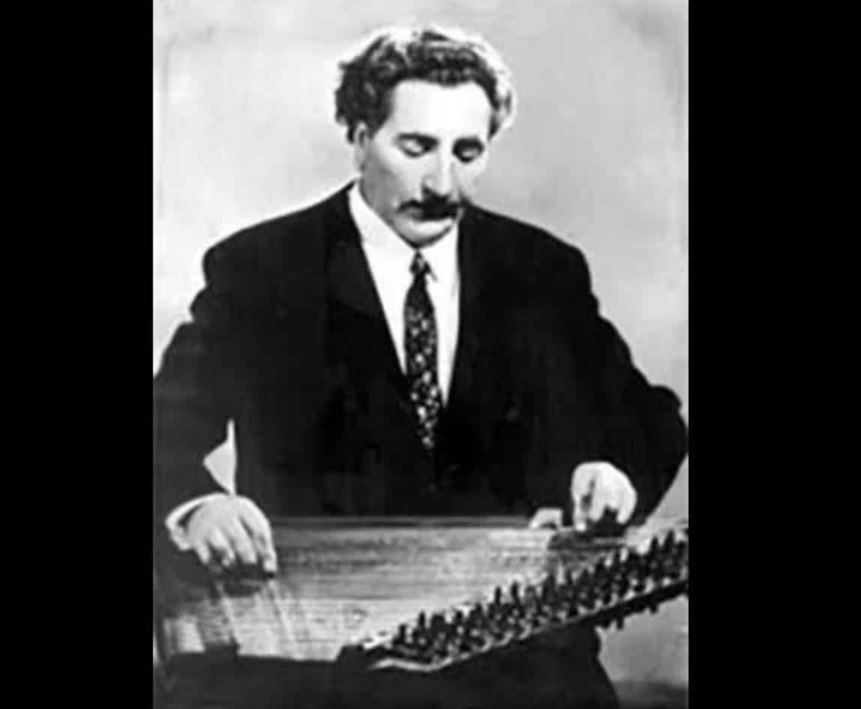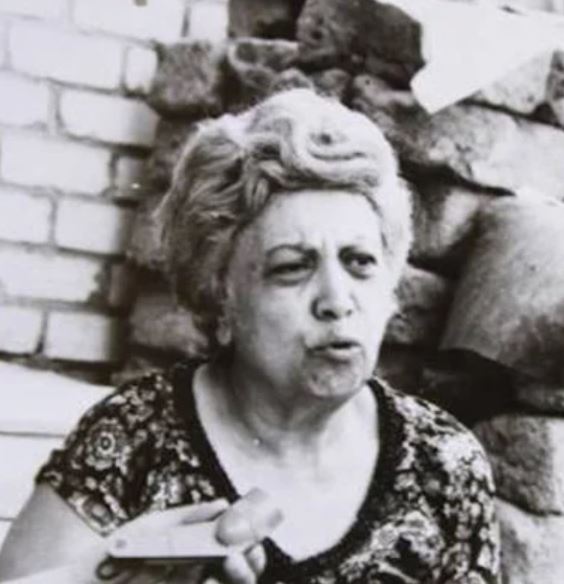From the memoirs of the well-known musicologist Margarit Brutyan
The ongoing Turkish-Azerbaijani aggression against Armenia and Artsakh, no matter how much it targets the centuries-old Armenian culture, cannot, by and large, cause even a crumb of damage. This is the conviction of Margarit Brutyan, a famous musicologist and professor of Yerevan State Conservatory named after Komitas, founder of the cabinet of folk music creation and head of the chair of folklore studies of Armenian music. This year is the professor’s 100th birthday. Even today, her works are a guide for those who study folk music.
In addition to the lectures prescribed by the state curriculum, Mrs. Brutyan often referred to the events that were forbidden during the Soviet years, which nevertheless took place. Let’s introduce one of them; In 1981, Ashugh (a folk singer with own compositions) Ali’s 180th birthday was celebrated at the Baku State Philharmonic, and the Armenian delegation also included Doctor, Professor Robert Atayan, Ashugh Shahen, and Margarit Brutyan.
“During the ceremonial session, Azerbaijanis celebrated Ali’s magnificence with exalted words. I was also thinking: will I be convinced it is a big Ashugh when his songs are played? The interesting thing is that the Azerbaijanis organized a surprise competition: Shahen against about 500 Azerbaijani ashughs,” said the musicologist.
By the way, Mrs. Brutyan used “they” instead of “Azerbaijan” and “Azerbaijani” in those years. Continuing to present the story, Mrs. Brutyan recalled: “When the Ashugh greeting – the song – began, the doors of the hall suddenly opened and one after the other, with sazes (Saz, an oriental stringed musical instrument) in their hands, about 500 ashughs entered, singing “You are welcome, Ashugh Shahen,” got on the stage, and lined up.
According to the Ashugh tradition, Shahen should have responded to their greeting with an impromptu song. Shahen was playing the qanun (the qanun, ganoun or kanoon is a string instrument played either solo, or more often as part of an ensemble); I understood that, at that moment, he was thinking. If he starts to answer, he will turn his back to the crowd; if he turns his chair; in a second or two, he decided not to sit down, to stand leaning forward and answered in Ottoman Turkish with the same melody as the Azerbaijanis had started.
It was a surprise for those present; they were surprised at Shahen’s knowledge of Turkish and singing. Winking at each other, the Azerbaijanis begin the prelude to the muhamma (riddle) and offer a mystery with their short wit. At the end of the middle part of the last quartet, without waiting for them to continue, Shahen answered with the same melody.
Performing a question-and-song answer, I repeat, it is a matter of seconds, but Shahen quickly got his bearings and sang one of Sayat-Nova’s unknown songs, asking who the author was. They could not answer, while from the style, unique linguistics, and grammar of Asugh Sayat-Nova, they should have immediately understood. Sayat-Nova is the most outstanding master Ashugh of Transcaucasia, and it’s a shame not to know it. After all, that tribe has consistently argued that Sayat-Nova is theirs.”
This is not all. According to the musicologist, after the ignorance of the Azerbaijani musicians, confusion started in the hall, and on the stage, everyone’s eyes were directed to the government lodge, where Heydar Aliyev was. The latter gets up and starts clapping. Moreover, he gets on the stage, congratulates troop Shahen and offers him to stay in Baku and transfer knowledge to their folk-singers.
“Then Shahen said that during a short “negotiation,” Aliyev offered him a four-room apartment in the center of Baku, a high salary, a car, and maids. He also said that Aliyev thought aloud that if each of his 500 singers composed ten songs, they would have 5,000 new songs. Our respected Ashugh Shahen laughed at Alev’s words and said that he is from Western Armenia and has a deep scar on his leg from a Turkish sword – yataghan,” Margarit Brutyan concluded.
By the way, there are famous names in Ashugh Shahen’s lineage: Ashughs Siai, Avag, Poto, and Arteni Alek, with whom Shahen studied and received the title of Ashugh. We meet the names of his grandfather Sarigs, father Yeghiazar, who was a military officer during the First World War, and his aunt Hayduk Salvi, in the squad of General Andranik during the battle days of the Arakelots Monastery, and Hayduk Sose, the wife of Hayduk Captain Aghbyur Serob, was the sister of Shahen grandmother Alta, from Talvorik.
This year marks the 114th anniversary of Ashugh Shahen’s birth.
Samvel DANIELYAN
“Aravot” daily, 18.04.2023



















































